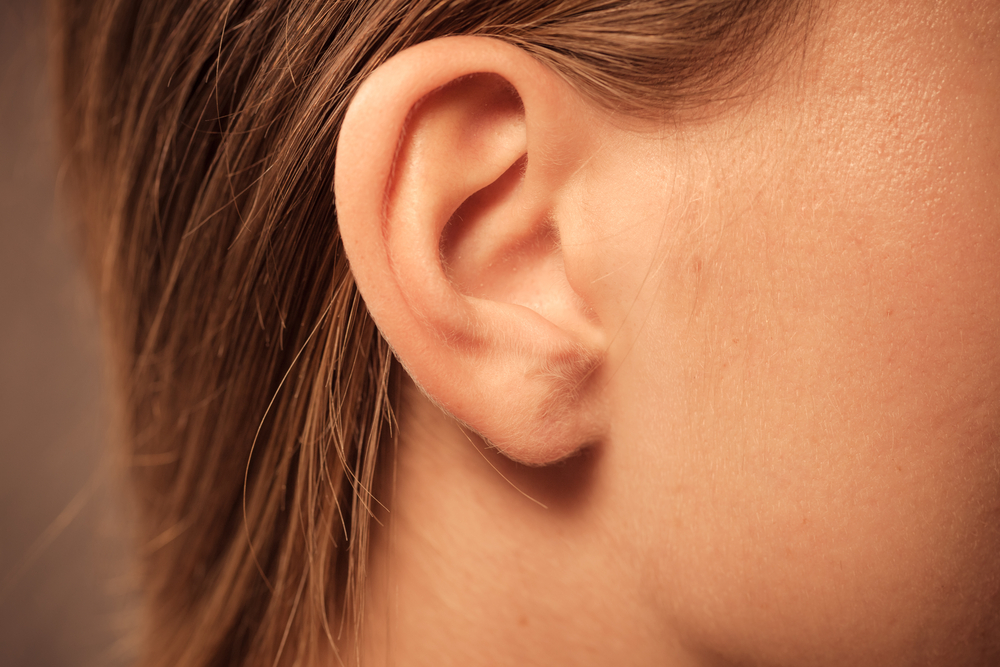Pilot Clinical Trial to Assess If Bioelectronic Implant Can Ease Pain in 18 Patients
Written by |

Researchers at Northwell Health’s Feinstein Institute for Medical Research have launched a clinical trial to evaluate the potential of a small electronic device in relieving pain in lupus patients.
“Lupus is a painful disease, notoriously hard to diagnose and difficult to treat – new treatment options are desperately needed,” Cynthia Aranow, MD, the study’s lead investigator, said in a press release.
“This trial will study an innovative approach to controlling symptoms of a disease that affects millions. We hope to have encouraging findings very soon,” Aranow added.
The single-site, pilot study (NCT02822989), currently recruiting 18 patients, will investigate the potential of small implant connected to the vagus nerve — a key nerve that runs through the neck — to decrease lupus-associated musculoskeletal pain.
Implant electrodes are placed at the entrance of the ear canal to provide stimulation to that part of the vagus nerve. This will be achieved by small doses of electricity at programmed intervals – five minutes daily for four consecutive days.
The study’s primary outcome will assess patients’ own rate of musculoskeletal pain at the end of the five days – patients will give a score between zero and 10, where zero means no musculoskeletal pain and 10 signals intense pain.
Results will be compared to a patient group, randomly chosen from among enrolled study participants, treated with sham vagus nerve stimulation to serve as controls.
Previous studies with rheumatoid arthritis have shown the potential of bioelectronic medicine therapeutics. This approach avoids the use of pharmaceuticals and uses the body’s natural regulatory pathways to improve patients’ outcomes.
While the use of electrical impulses to treat disease is not new, researchers in this trial will investigate the biologic effects of vagus nerve stimulation on inflammation. By stimulating this nerve, they expect to activate the cholinergic anti-inflammatory pathway and, consequently, inhibit the inflammatory response underlying pain in lupus.
“I am tremendously encouraged by the fast-paced advancement in this evolving field that we are seeing in the lab and in clinical trials,” said Chad Bouton, vice president of Advanced Engineering for Northwell Health and director of the Feinstein Institute’s Center for Bioelectronic Medicine.
“By intercepting and manipulating the millions of electrical messages that the body sends itself, we hope to produce therapies that are safer, more efficient and more cost-effective, and help the body heal itself,” he added.




